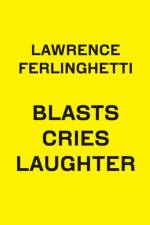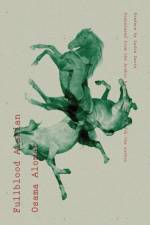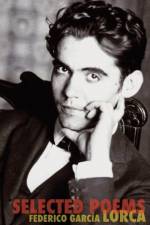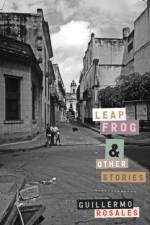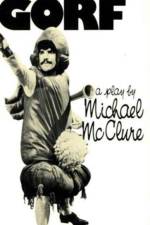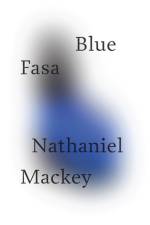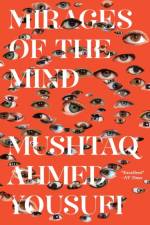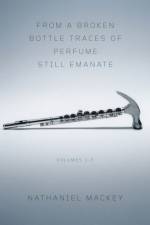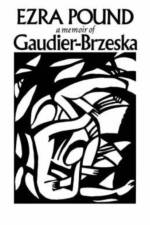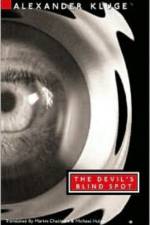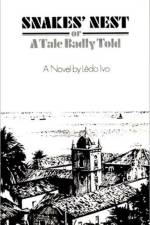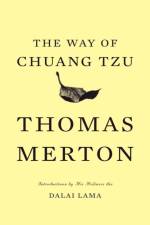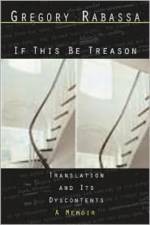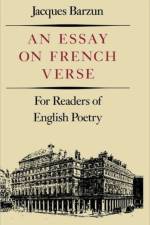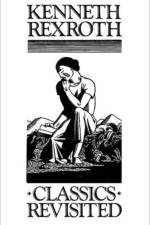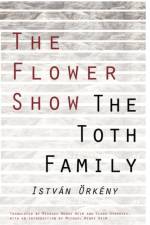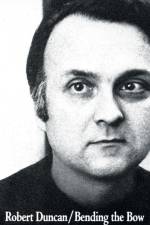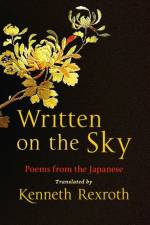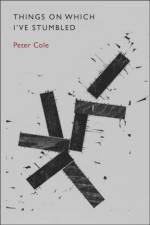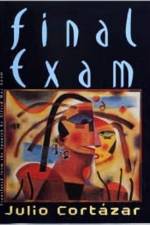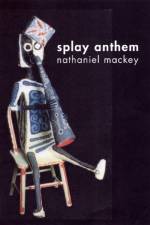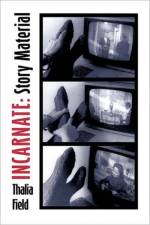av Nathaniel (University of California at Santa Cruz) Mackey
199,-
Part antiphonal rant, part rhythmic whisper, Nathaniel Mackey's new collection of poems, Splay Anthem, takes the reader to uncharted poetic spaces. Divided into three sections-"Braid," "Fray," and "Nub" (one referent Mackey notes in his stellar Introduction: "the imperial, flailing republic of Nub the United States has become, the shrunken place the earth has become, planet Nub")-Splay Anthem weaves together two ongoing serial poems Mackey has been writing for over twenty years, "Song of the Andoumboulou" and "Mu" (though "Mu no more itself / than Andoumboulou").In the cosmology of the Dogon of West Africa, the Andoumboulou are progenitor spirits, and the song of the Andoumboulou is a song addressed to the spirits, a funeral song, a song of rebirth. "Mu," too, splays with meaning: muni bird, Greek muthos, a Sun Ra tune, a continent once thought to have existed in the Pacific. With the vibrancy of a Mira painting, Mackey's poems trace the lost tribe of "we" through waking and dreamtime, through a multitude of geographies, cultures, histories, and musical traditions, as poetry here serves as the intersection of everything, myth's music, spirit lift.

